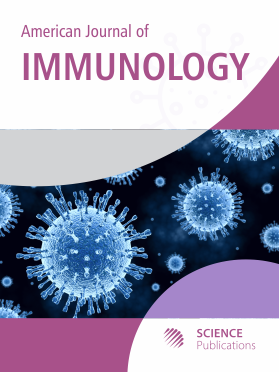Materno-Foetal Transmission of Murine Toxoplasmosis after Oral Infection
- 1 Faculté de Médecine Jacques Lisfranc, France
- 2 Faculté des Sciences et Techniques, France
Abstract
The effect of maternofoetal transmission of T. gondii as measured by the mortality rate in the mother, the foetus and the neonate were studied in the mouse model OF1. Ninety six female mice divided into two groups of 48 were infected with the Prugniaud strain before or after mating. When the time of mating was near the day of infection (Day 1), no mouse survived the pregnancy in the two groups. When the infection preceded the mating, the percentage of neonates who died was 68%, 58%, 74% and 52% on day 5, 9, 13 and 18 respectively. In contrast, when the mating preceded the infection, these percentage were much more elevated with 96%, 94%, 74% and 92% on days 5, 9, 13 and 18. This shows a higher transmission rate in the latter case. The brains of the surviving neonates were reinoculated into healthy mice, but the results were all negative. This shows that these neonates were not infected although they originated from a pregnancy where the number of litters was greatly reduced by the parasite.
DOI: https://doi.org/10.3844/ajisp.2005.1.5

- 5,737 Views
- 3,257 Downloads
- 2 Citations
Download
Keywords
- mice
- vertical transmission
- toxoplasmosis
- neonates
